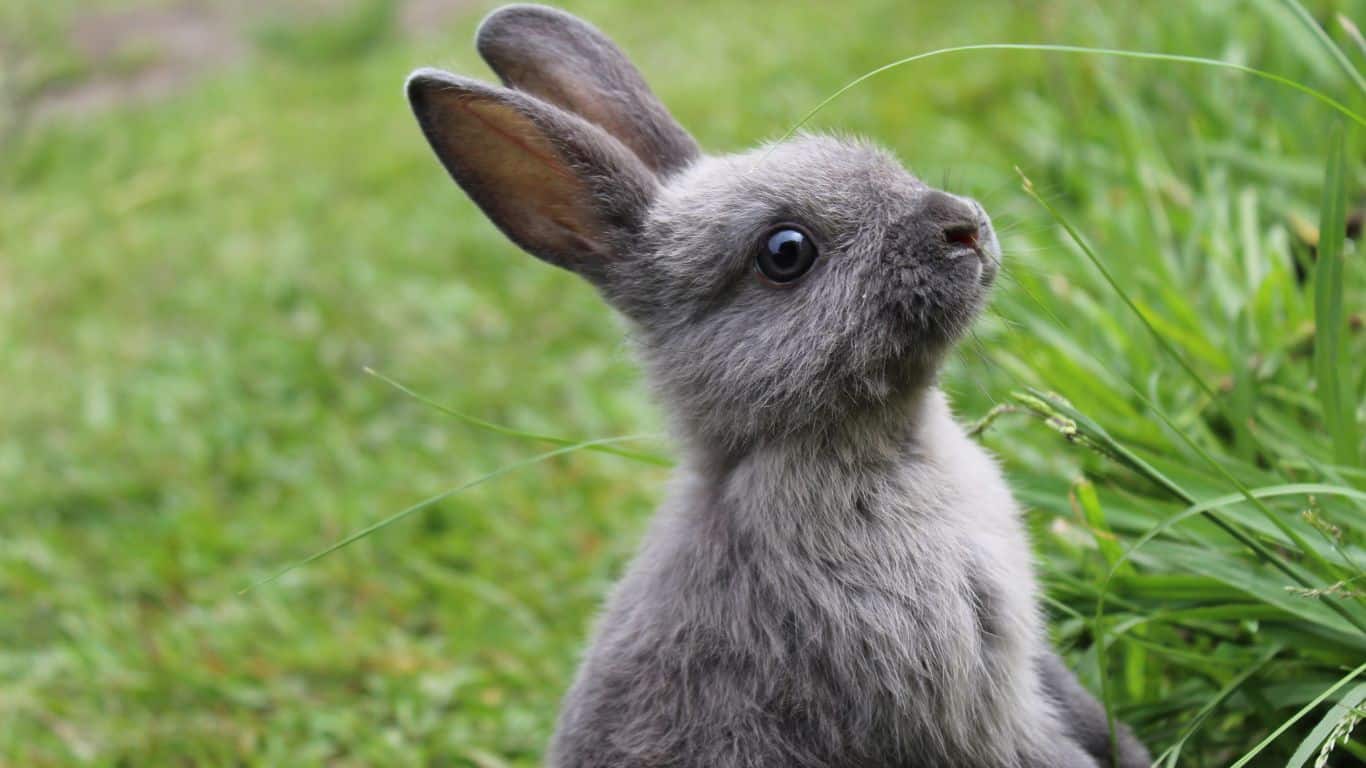In the realm of domesticated pets, rabbits have secured a special place with their adorable appearance and unique characteristics. However, being responsible caregivers for these furry companions requires understanding their needs, especially regarding their dietary habits. One common question that often arises is, “How long can a rabbit go without eating?” In this comprehensive guide, we delve into the various factors contributing to a rabbit’s ability to fast, its associated risks, and the best practices for ensuring your pet’s well-being.
Understanding a Rabbit’s Digestive System
Before we address the question at hand, it’s crucial to comprehend the intricacies of a rabbit’s digestive system. Since rabbits are herbivores, the majority of their food consists of hay, along with a little quantity of fresh produce and pellets in regulated amounts. Their digestive system has been highly adapted to enable them to obtain nutrients from fibrous plant material. Unlike many other animals, rabbits have a unique feature: a cecum. The cecum functions as a fermentation chamber, allowing for the digestion of more difficult carbohydrates by friendly bacteria.
Quick Answer
How Long Can a Rabbit Safely Go Without Eating?
Rabbits have evolved to graze throughout the day, which means their digestive systems are designed to handle a continuous food intake. In the wild, they would rarely encounter situations where food sources are scarce. Consequently, domestic rabbits lack the physiological adaptations to cope with extended periods of fasting.
On average, a rabbit can safely go without eating for approximately 12 to 24 hours. This timescale, on the other hand, is subject to change depending on a number of circumstances, including the age of the rabbit, its general health, and any pre-existing medical issues. It’s important to note that young rabbits and older rabbits might have a harder time enduring even short periods without food.
Risks of Prolonged Fasting in Rabbits
Prolonged fasting in rabbits can have severe consequences on their health. Rabbits have a high metabolic rate, and their digestive systems require a steady influx of food to maintain proper function. If a rabbit goes without eating for an extended period, it can lead to a range of issues, such as:
Gastrointestinal Stasis
Also known as ileus, this condition occurs when the digestive system slows down or comes to a halt. It can lead to a buildup of gas and other harmful substances in the rabbit’s digestive tract.
Hepatic Lipidosis
Commonly referred to as fatty liver disease, this condition arises when the body starts breaking down fat stores for energy due to a lack of food intake. This can result in liver damage and other complications.
Loss of Gut Motility
The muscles that propel food through the digestive tract can weaken if the rabbit isn’t eating regularly, leading to a loss of gut motility.
Factors Affecting a Rabbit’s Tolerance to Fasting
Several factors play a role in determining how long a rabbit can endure without food:
Age
Young rabbits are more sensitive to fasting due to their rapid growth and high energy requirements. Older rabbits may also struggle with fasting due to potential health issues.
Health Status
Rabbits with pre-existing health conditions are more susceptible to the negative effects of fasting. Healthier rabbits might tolerate short periods of fasting better.
Diet
A rabbit’s diet before fasting can influence its ability to handle the absence of food. A rabbit on a balanced diet will likely fare better than one on a poor diet.
Hydration
While rabbits can go longer without food than water, dehydration can exacerbate the negative effects of fasting.
Best Practices for Ensuring Your Rabbit’s Well-being
To ensure the health and well-being of your rabbit, it’s essential to follow these guidelines:
- Provide a Balanced Diet: You should feed your animal a diet that is heavy in hay, fresh vegetables, and quality pellets in measured proportions.
- Regular Veterinary Care: In order to keep track of your rabbit’s health and handle any issues as soon as they arise, your rabbit-savvy veterinarian should be consulted on a regular basis.
- Hydration: Ensure your rabbit has access to clean, fresh water at all times to prevent dehydration.
- Avoid Drastic Changes: Gradually introduce changes to your rabbit’s diet to prevent digestive upsets.
- Observe Behavior: Watch both your rabbit’s behavior and its eating habits closely. Seek the advice of a veterinarian if you discover any unexpected shifts.
Conclusion:
In conclusion, the question “How long can a rabbit go without eating?” has various influencing factors. While rabbits can tolerate short periods of fasting, it’s crucial to prioritize their health and well-being by providing a consistent and balanced diet. Avoiding prolonged fasting and paying attention to your rabbit’s behavior are essential steps in being a responsible and caring rabbit owner.
FAQs:
Can stress cause a rabbit to stop eating?
Yes, stress can lead to a decreased appetite in rabbits. Changes in environment, diet, or routine can cause stress, which might result in a loss of appetite. It’s essential to provide a calm and comfortable environment for your rabbit to help prevent this.
How can I encourage my rabbit to eat?
To encourage your rabbit to eat:
- Ensure that you’re providing a balanced diet of hay, fresh vegetables, and a controlled amount of pellets.
- Provide a wide selection of healthy, rabbit-approved meals.
- Ensure that your rabbit has clean water at all times. If your rabbit still isn’t eating, consult a vet for guidance on proper care and potential medical intervention.
